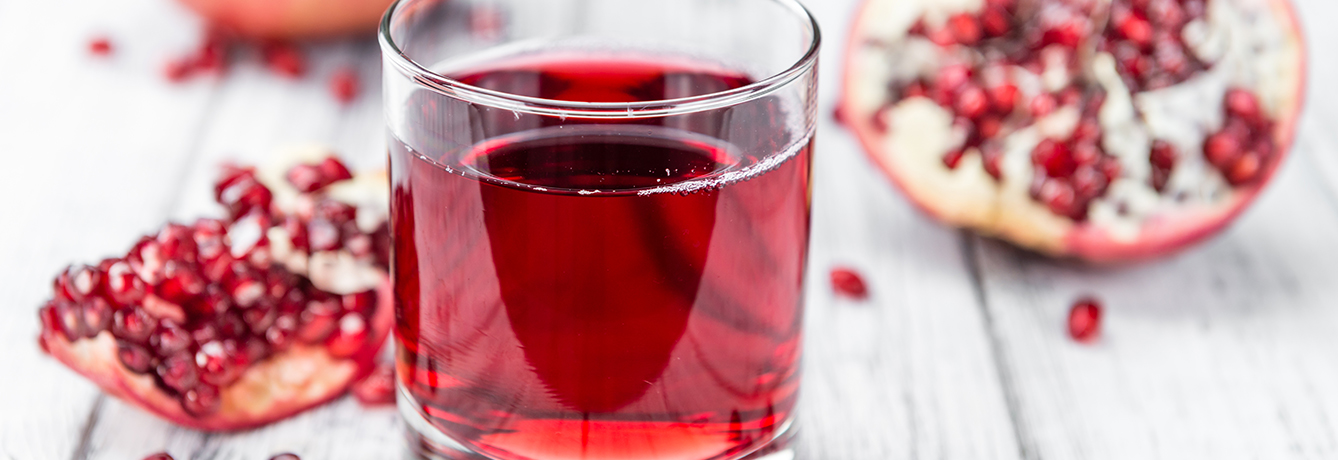Pre-workout Pomegranate

Shown to elevate blood antioxidant levels
Dubbed “The Jewel of Autumn” by the Pomegranate Council, the deep ruby colored fruit pops up in local grocery stores and restaurant menus most frequently around the holidays. Though pomegranate (pom) season is truly fall and winter, pomegranate products such as 100% juice and packaged seeds can be found year round. And if their vibrant color, taste or tantalizing texture weren’t enough to get you to eat them, research published in The Journal of the International Society of Sports Nutrition uncovered some pomegranate facts that your inner athlete may be interested to learn.
Nutritionally, pomegranates are a good source of polyphenols called tannins, anthocyanins and ellagic acids and have been found to have anti-inflammatory properties. Investigators set out to learn how consuming these powerful antioxidants would affect blood antioxidant levels in a group of 19 well-trained male athletes. Remember, antioxidants contribute to muscle recovery, also known as the period of weakness after a workout where injury is most likely to occur. The goal is to minimize recovery time as much as possible.
For two months, the men received either a daily 50ml supplement of 100% pure pomegranate juice or a placebo. Men agreed to omit dietary supplements, drugs and medications over the course of the study. Blood levels were tested before an exercise assessment and after a recovery period of 24 hours finding that the pomegranate juice group had significantly higher plasma antioxidant levels, though markers of inflammation were not significantly affected. Further testing is warranted to understand sports recovery benefits.
Athletes in this study drank 100% pomegranate juice, but because of the fruit’s seed-like nature, it is an ideal topper for salads, smoothie bowls or yogurt. Add a handful to our Chopped Pomegranate Salad Kit to your smoothie to enjoy the flavor of pomegranate year round.
Published March 1, 2019
Get Some Fresh Inspiration


